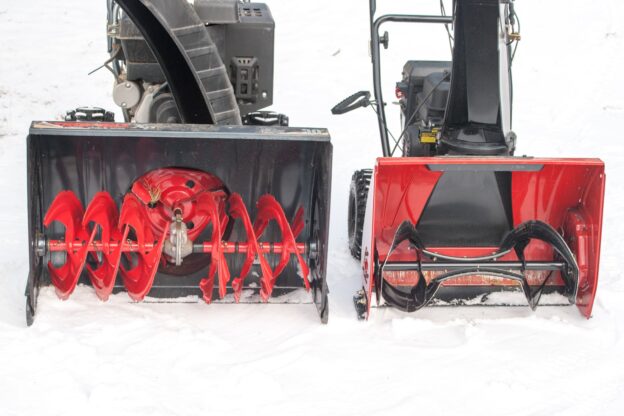Imagine never having to worry about shoveling snow again. with a trusty snowblower at your disposal, you can effortlessly clear your driveway and sidewalks in no time. But just like any other machine, snowblowers have a lifespan. So, how long do snowblowers actually last? In this article, we’ll explore the factors that affect their longevity, from the quality of the machine to the maintenance techniques. By the end, you’ll have a clearer understanding of how to make your snowblower last for many winters to come.
Factors Affecting the Lifespan of Snowblowers
Snowblowers can be a valuable tool during the winter months, helping to clear driveways, walkways, and sidewalks of snow and ice. However, like any piece of equipment, the lifespan of a snowblower can vary based on several factors. Understanding these factors can help you make an informed decision when purchasing a snowblower and ensure that you get the most out of your investment.
Quality of Construction
One of the primary factors that can impact the lifespan of a snowblower is the quality of its construction. Snowblowers that are built with high-quality materials and components are generally more durable and long-lasting compared to those made with cheaper materials. When considering different models, it is essential to research the construction quality and look for brands known for their reliability and durability.
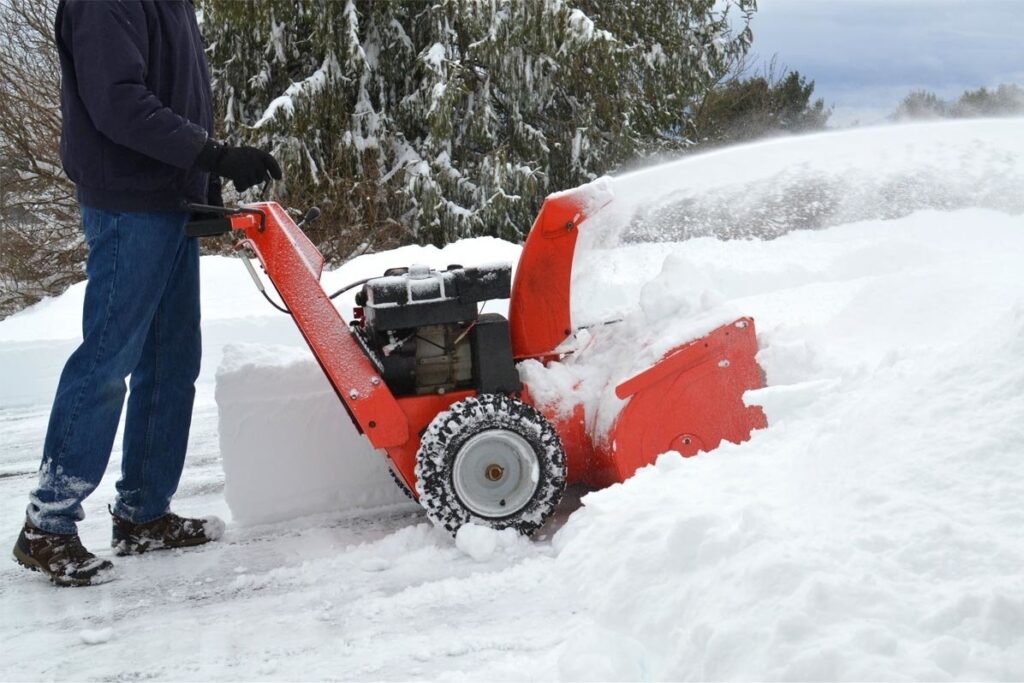
This image is property of owenhouse.com.
Usage Frequency and Duration
Another crucial factor that affects the lifespan of a snowblower is how frequently and how long it is used. Snowblowers that are used frequently and for extended periods are more susceptible to wear and tear. If you live in an area with heavy snowfall or frequently experience snowstorms, it is crucial to choose a snowblower that can withstand frequent use without compromising its performance or longevity.
Maintenance and Care
Proper maintenance and care can significantly extend the lifespan of a snowblower. Here are some essential maintenance tasks that should be performed regularly:
Regular Cleaning
Snowblowers are susceptible to rust and corrosion due to the exposure to moisture and snow. Regularly cleaning the snowblower after each use can help prevent these issues. Ensure to remove any snow or moisture from the blower housing, auger blades, and chute. Additionally, cleaning the engine and other components will keep them in optimal condition.
Proper Fuel Management
Using fresh fuel and following the manufacturer’s recommendations regarding fuel type and fuel stabilizers is crucial for the longevity of a snowblower. Stale fuel can lead to engine problems, reducing the lifespan of the machine. Use a fuel stabilizer when storing the snowblower during the offseason to prevent fuel degradation.
Oil Changes
Just like a car, a snowblower requires regular oil changes. The oil lubricates the engine and keeps it running smoothly. It is essential to follow the manufacturer’s guidelines for oil change frequency and use the recommended oil type.
Belt and Auger Maintenance
Snowblowers rely on belts and augers to function correctly. Regularly inspect these components, ensuring that the belts are properly tensioned and not showing signs of excessive wear. Lubricate the auger shaft and ensure it spins freely.
Spark Plug Replacement
A worn-out spark plug can cause starting issues and poor engine performance. Regularly inspect the spark plug and replace it as needed according to the manufacturer’s recommendations.
Tire Maintenance
Check the tire pressure regularly as underinflated or overinflated tires can affect the snowblower’s maneuverability and performance. Additionally, inspect the tires for wear and replace them if necessary.
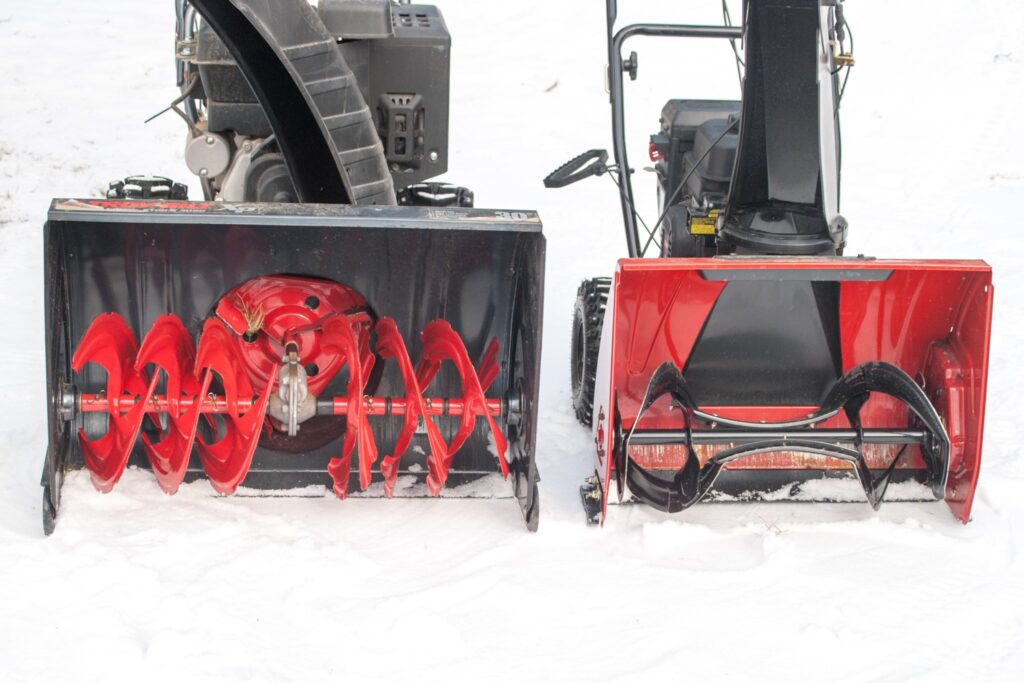
This image is property of cdn.thewirecutter.com.
Brand and Model
The brand and model of a snowblower can also impact its lifespan. Certain brands have reputations for producing high-quality and long-lasting machines. When considering a snowblower, take the time to research different brands and read customer reviews to get an idea of their reliability and durability. Choosing a reputable brand and a model known for its longevity can help ensure that your snowblower lasts for many winters.
Climate and Environmental Conditions
The climate and environmental conditions in your area can also influence the lifespan of a snowblower. If you live in an area with heavy snowfall or extreme weather conditions, the snowblower may be subjected to more extensive use and potential damage. Similarly, if you live in an area with high humidity or salty air, the snowblower’s components may be more prone to rust and corrosion. Understanding the climate and environmental factors in your area can help you choose a snowblower that is better suited for these conditions.
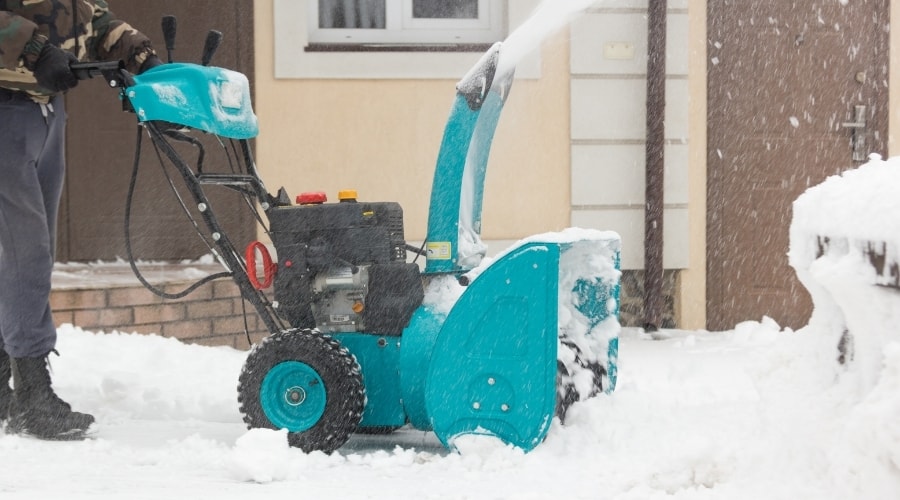
This image is property of funintheyard.com.
Average Lifespan of Snowblowers
Snowblowers, when properly maintained and cared for, can last anywhere from 10 to 20 years. However, this lifespan can vary depending on the factors mentioned above. High-quality snowblowers that receive regular maintenance and are used in moderate conditions can last closer to the upper end of this range, while those subjected to frequent heavy use or extreme conditions may have a shorter lifespan.
Manufacturer’s Warranty Period
Another important aspect to consider when discussing the lifespan of a snowblower is the manufacturer’s warranty. Most snowblowers come with a warranty that covers defects and malfunctions for a specific period. The length of the warranty can vary between brands and models. Choosing a snowblower with a longer warranty period not only provides peace of mind but can also indicate the manufacturer’s confidence in the product’s longevity.
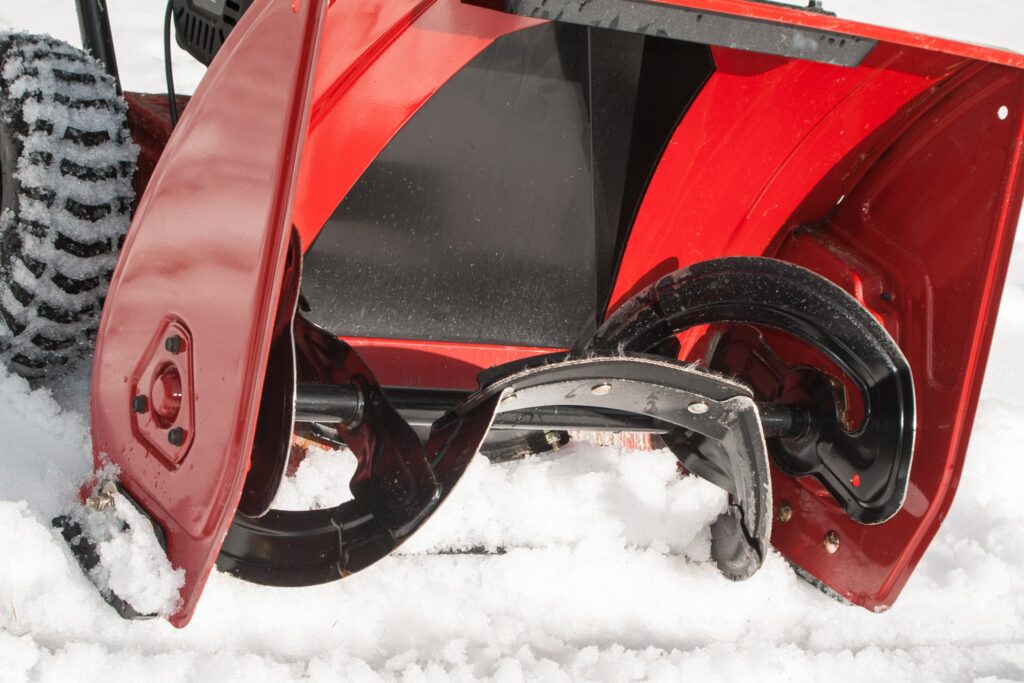
This image is property of cdn.thewirecutter.com.
Signs that Indicate a Snowblower’s Lifespan is Ending
Even with proper maintenance and care, there will come a time when a snowblower reaches the end of its lifespan. Here are some signs that indicate your snowblower may need to be replaced:
- Frequent breakdowns or malfunctions that become costly to repair.
- Reduced performance, such as decreased throwing distance or decreased power.
- Excessive smoke or unusual noises during operation.
- Difficulty starting the snowblower, even after following proper starting procedures.
- Excessive rust or corrosion that compromises the machine’s structural integrity.
- Difficulty finding replacement parts due to the snowblower being outdated or discontinued.
Doing Repairs vs. Buying a New Snowblower
When faced with a snowblower that is showing signs of reaching the end of its lifespan, you may find yourself deciding between repairs and purchasing a new machine. Several factors can influence this decision:
Cost Comparison
Compare the cost of repairing the snowblower to the cost of purchasing a new one. If the repair costs are significantly higher than the value of the snowblower or the cost of a new one, it may be more cost-effective to invest in a new machine.
Availability of Parts
If the snowblower is an older model or has been discontinued, finding replacement parts may be challenging. Consider whether the necessary parts are readily available and how much time and effort it would take to locate them.
Labor and Skill
Consider your own skill level and the availability of a qualified technician to perform the repairs. If you are comfortable with DIY repairs and the necessary parts are available, repairing the snowblower may be a viable option. However, if specialized knowledge or expertise is required, it may be more practical to purchase a new machine.
Personal Preference
Ultimately, personal preference plays a role in the decision-making process. If you have grown attached to your snowblower or have had a positive experience with it, you may be more inclined to repair it. On the other hand, if you are ready for an upgrade or have had repeated issues with the current machine, purchasing a new snowblower might be the better choice.
In conclusion, the lifespan of a snowblower is influenced by various factors, including the quality of construction, usage frequency and duration, maintenance and care, brand and model, climate and environmental conditions, and the manufacturer’s warranty period. By understanding these factors and implementing proper maintenance practices, you can ensure that your snowblower lasts for many winters to come. And when the time comes to replace your snowblower, carefully consider the cost of repairs, availability of parts, labor and skill required, and your own personal preference to make an informed decision.
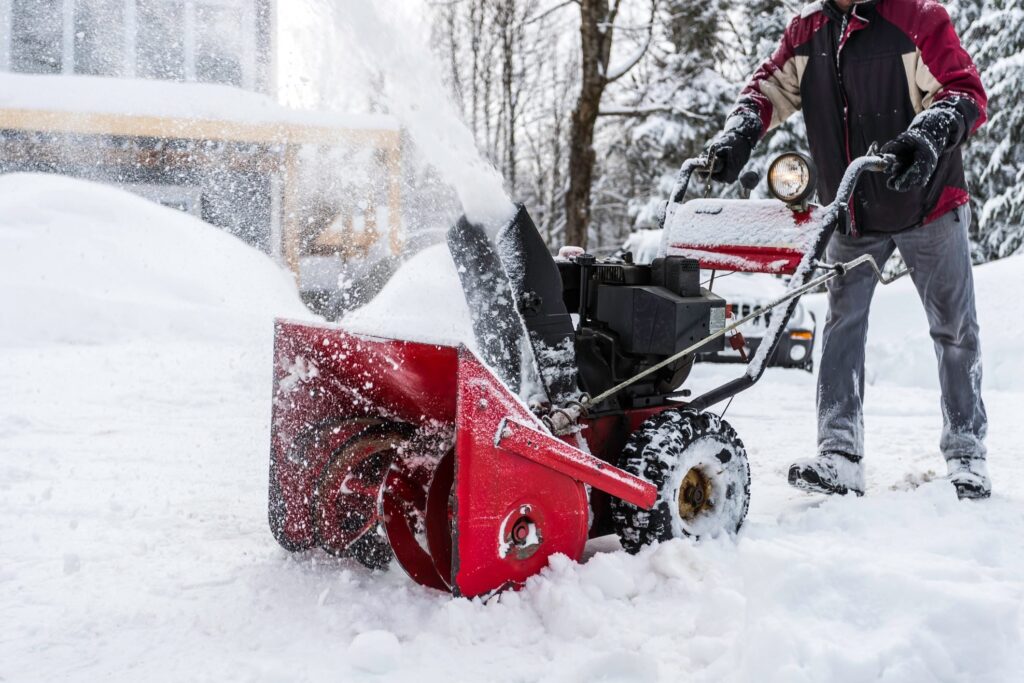
This image is property of www.rd.com.
